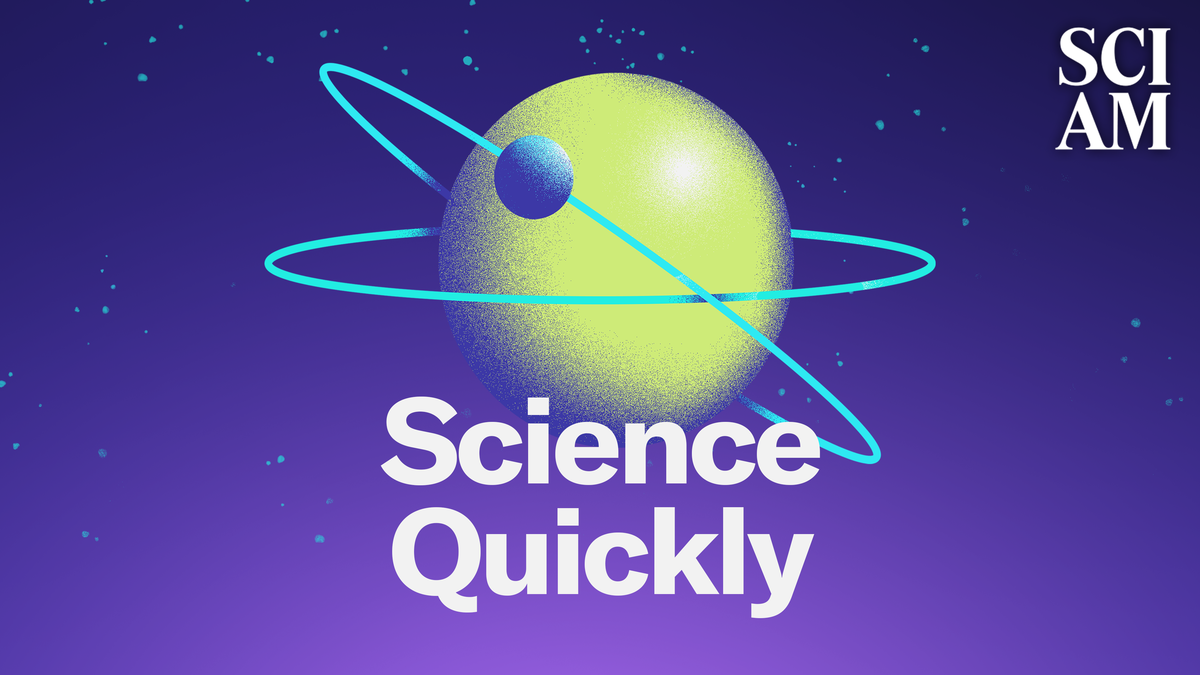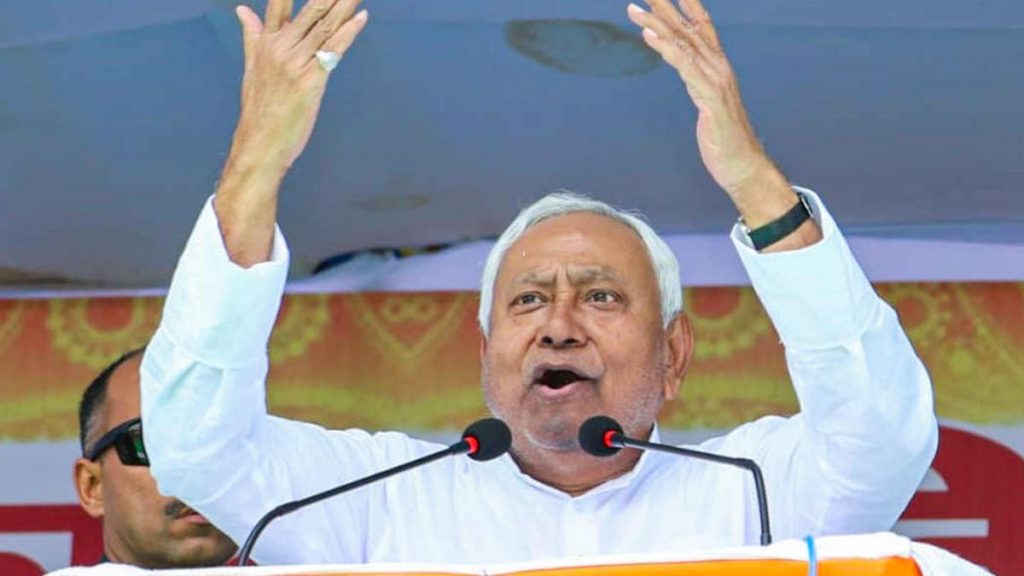Now Reading: Testosterone Replacement Therapy: What It Is and How Safe It Is
-
01
Testosterone Replacement Therapy: What It Is and How Safe It Is
Testosterone Replacement Therapy: What It Is and How Safe It Is

Swift Summary
- Testosterone replacement Therapy (TRT) has gained immense popularity recently due to advertisements and social media promotion, often positioned as a solution for fatigue, low libido, and muscle-building.
- TRT was historically linked to risks like prostate cancer and cardiovascular issues; recent research shows minimal evidence of such severe health events but lacks data on long-term impacts.
- men genuinely suffering from low testosterone might experience improved mood, energy levels, and libido from treatment; however, benefits for men without clinically low testosterone are less evident.
- Usage of TRT can lead to biological side effects like reduced sperm production or even infertility in younger men seeking treatment.Regaining fertility post-treatment can be slow (possibly taking up to two years) and complex.
- Freestanding clinics offering TRT often bypass complete medical evaluations or lifestyle considerations that customary medical practices might provide-raising concerns over patient education deficiencies and unsupervised prescriptions.
- medical experts advocate better coordination among primary care doctors regarding hormone therapies while emphasizing holistic diagnosis approaches like identifying underlying sleep apnea before prescribing testosterone supplements.
Indian Opinion Analysis
India has observed growing interest in wellness trends influenced by global narratives on hormonal treatments like TRT-not only for managing clinical deficiencies but also enhancement purposes advertised heavily through social media channels. This surge could prompt discussions about india’s healthcare capacity to manage public awareness campaigns around medically supervised interventions versus informal clinical options prioritizing profit motivations over thorough patient diagnostics.For India’s population dynamics-where fertility issues are significant-a notable implication lies in highlighting dangers associated with misuse of treatments triggering infertility among younger demographics pursuing unregulated therapies discouraging adequate informed consent measures beforehand.
Ultimately refining access models allowing biopsychological tests before anthropology developing [CR balance optimisations conclusion] striking physician collaborations connects value loops streamlined safe safer hormonal



























